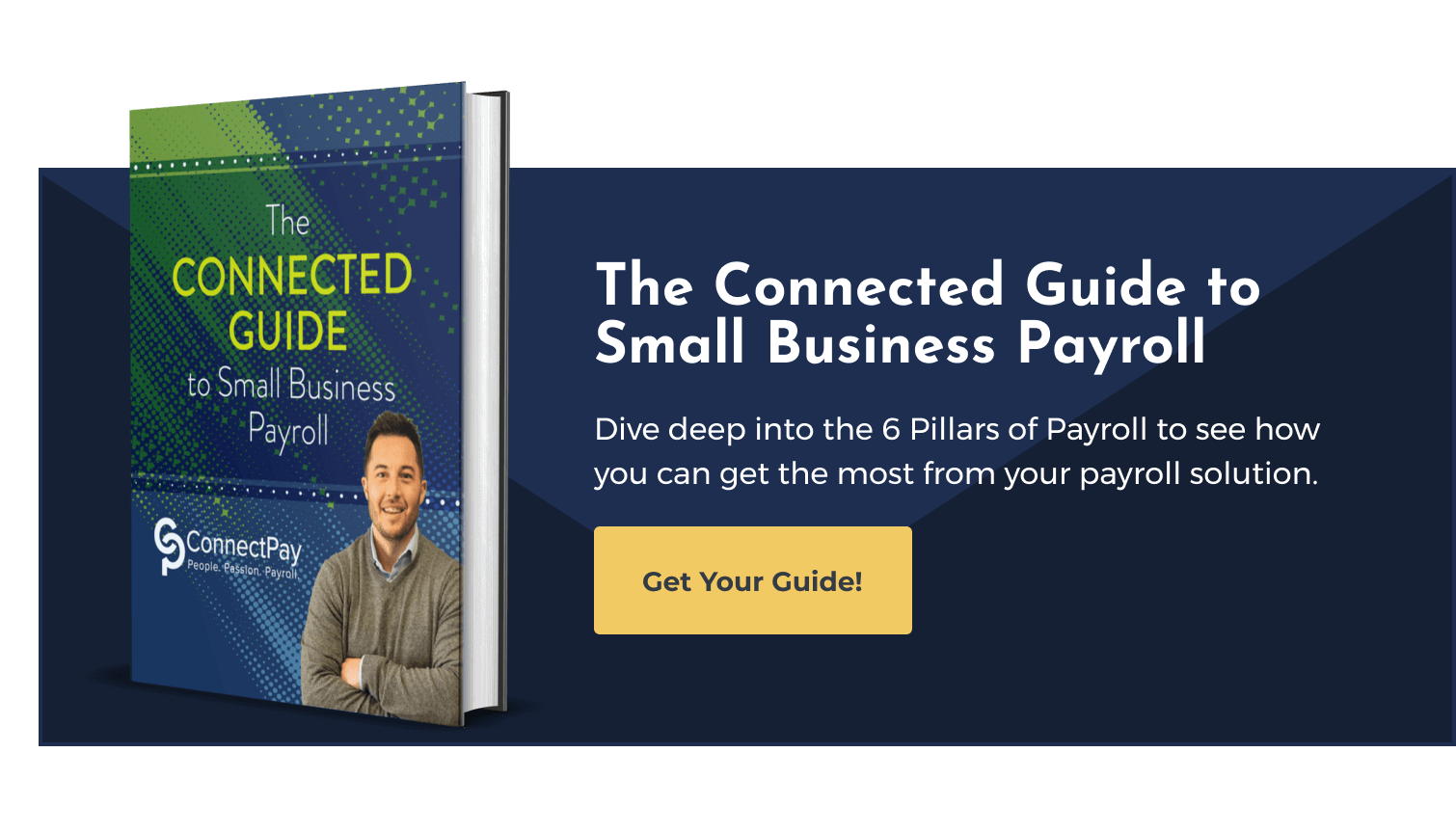Payroll Tax vs. Income Tax: What's the Difference?

What’s the difference between payroll tax vs. income tax?
As a trusted online payroll service provider, it’s a question that we get all the time!
Most business owners know that managing and scaling their business requires an expert understanding of payroll and income taxes. Some savvy business owners partner with an online payroll service to take the legwork out of payroll tax filing.
Even the most seasoned tax professionals struggle with payroll and income taxes. An integrated online payroll solution can play an important role in helping you secure accurate and timely tax filings for your business.
What’s the Difference Between Payroll Tax vs. Income Tax?
So what is the difference between payroll tax vs. income tax?
A payroll tax is a tax paid on employees’ wages. These important taxes are used to finance major federal programs, including Social Security and Medicare. Today, payroll taxes account for over 23 percent of state, local, and federal government revenue.
Keep reading to learn more about the unique differences between payroll tax vs. income tax and what your business needs to do to file each appropriately.
Payroll Tax: Overview
According to Investopedia, payroll tax is a “percentage withheld from employee’s pay by an employer who pays it to the government on the employee’s behalf.” It’s important to note that payroll taxes are deducted from employees’ earnings and paid to the Internal Revenue Service (IRS) to finance major federal programs. All business owners are required to file payroll taxes annually.
Key Takeaways:
- Payroll taxes are used to finance major federal programs
- The IRS offers two tax tables employers can use to calculate tax withholdings, including wage bracket tables and percentage tables
- Calculating payroll taxes is complicated. Many business owners invest in an online payroll service to expedite tax processing and filing
Income Tax: Overview
According to Investopedia, income tax “refers to a type of tax that governments impose on income generated by businesses and individuals within their jurisdiction.” As such, taxpayers are required to file income tax returns annually.
Key Takeaways:
- Income taxes are used to finance state and federal services
- Tax rates (percentage of total taxable income) is based on employees’ tax bracket (annual income range)
- In addition to all federal income tax requirements, employees are required to pay state income tax. Some states enforce progressive income taxes; meanwhile, other states enforce flat income taxes. Other states don’t tax income at all!
An integrated tax processing system automates complex tax calculations and reporting obligations. As a result, business owners can spend more time growing their businesses and less time managing and distributing paperwork.
Power Your Payroll With ConnectPay
So what’s the easiest way to power your payroll?
ConnectPay offers an integrated and powerful solution designed to streamline your payroll processes, tax filings, and more. To date, hundreds of business owners rely on ConnectPay to process their payroll in a hassle-free way. With the help of our on-call payroll specialists and our easy-to-use software, your business will be running like a well-oiled machine!
“ConnectPay simply cares about your business, they treat you like a partner, not a client. ConnectPay is focused on small and medium-sized businesses, able to create real value by simplifying all things payroll, allowing you to focus on growing your business,” says Jim Barton at Allegra Printing.
How do your current payroll practices stack up against industry standards and best practices? To find out, we recommend downloading our free checklist.








